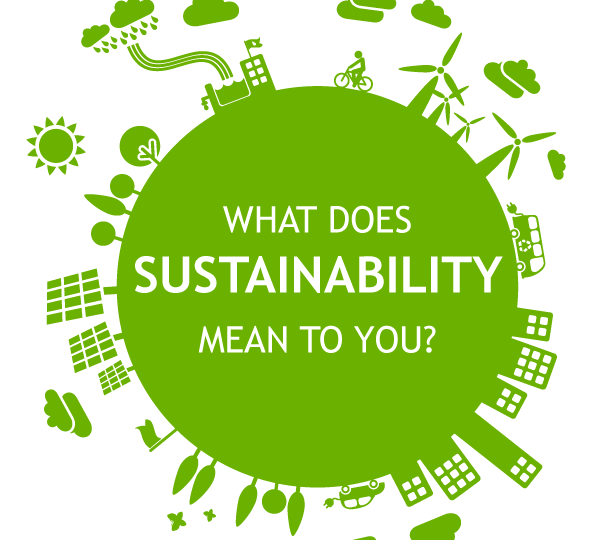
5 Myths about Sustainability
Sustainability is a visionary development paradigm that embodies understanding and integration of the interconnections among the environment, economy, and society. It is based on the concept of meeting the needs of the present without compromising the ability of future generations to meet their own needs. From Millennium Development Goals, the world has moved on to a sustainable journey of development however, the concept of sustainability still remains elusive with many of us still being unaware about what sustainability is actually all about. Many of us may have some idea about sustainability but have certain misconceptions about it
In this article, we are unwrapping top 5 myths about “Sustainability” to give you a better understanding about what is “sustainability” actually about.
Myth #1
Sustainability is synonymy to “green strategy”
Sustainability is not just about environmental issue rather it is much wider concept encompassing the act of balancing all economic and non economic activities for the benefit of planet, people and prosperity. To be precise, sustainability is based on the core problem of economics i.e. meeting infinite wants of present and future with finite resources.
Myth #2
Being Sustainable is too expensive
It may appear as additional burden to focus on sustainability in short term particularly when economy is recovering and budgets are tight. However, in long term sustainable solutions can actually save resources and can eventually accelerate bottom-lines by reducing wastages and increasing savings.
Myth #3
Adopting Sustainability is a type of Corporate Social Responsibility (CSR) activity
Sustainability has often been labeled as merely a part of CSR activity, potentially limiting the scope of the concept of sustainability. However, Corporate Social Responsibility refers to responsibility of business to act ethically and consider their impacts on the community and does not necessarily encompass sustainability. Sustainability, on the other hand is about preserving resources and operating in an effective and efficient manner so as to be conducive to long-term development. Thus, sustainability is a step ahead of CSR as it recognizes the significance of businesses continuity and takes into account the needs of the present and future generations.
Myth #4
Sustainability means increased GDP
Measuring Sustainability requires metrics that reflect the status of its three pillars i.e. economy, environment and society which are very tightly interconnected. Since, GDP merely reflects the status of economic activity in a nation without taking into account other two factors of sustainable development viz., environment and society, it cannot be assumed to be the true indicator of sustainability.
Myth #5
Sustainability could be achieved only by adopting new technology
Today, we face galore of social, environmental and economic problems and technology is not always the answer to these issues. Though sustainable development is closely linked to the use of technology, the impact of technology is not always positive. The advancement of technology should not be mistaken for the sustainable development, sometimes existing technology coupled with effective strategies and engagements can make a huge difference.
Hope, this gives you a broader picture about the concept of sustainability.
